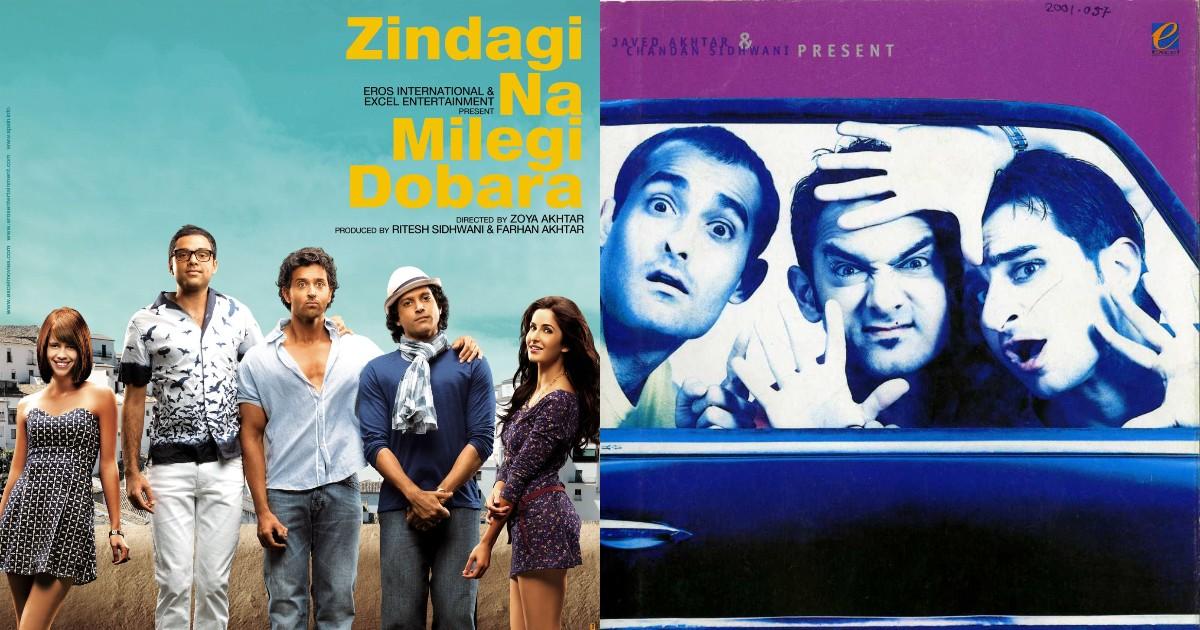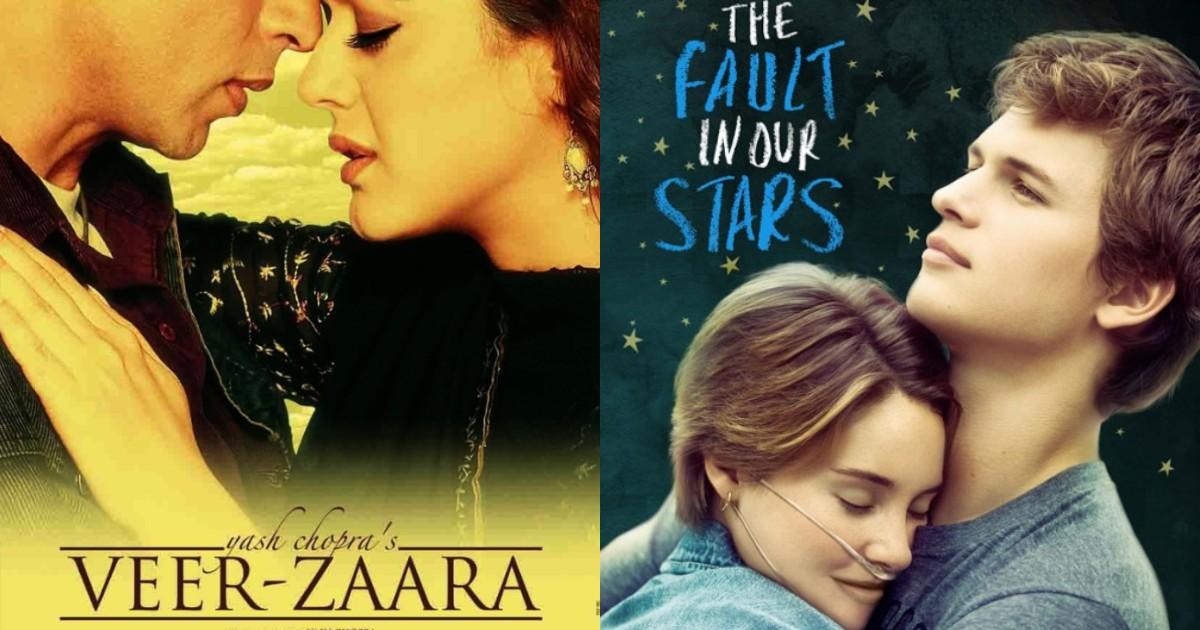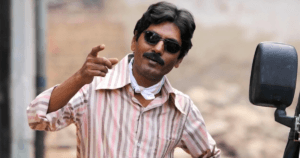Disclaimer: It was quite impossible to review this one without any spoilers.
A few months ago, we saw Shefali Shah as a senior doctor from an elite private hospital conspiring to speed up the development of a drug in the Disney+ Hotstar series Human.
Even after knowing of the clinical trials’ fatal consequences for the poor, the sacrificial lambs, Shah’s character Gauri Nath proceeds with the practice to eventually liberate herself from her long-term suffering. The series dives at the medical world’s dark underbelly, unethical drug trials, and class gap.

Suresh Triveni’s Jalsa, which rides on a similar theme, on the other hand, puts her on the other side of the table, as a victim of class inequity, the side that has to suffer at any costs. And sitting on the other end is Maya Menon (Vidya Balan), a celebrated journalist for whom Ruksana (Shefali Shah) works as a house help.
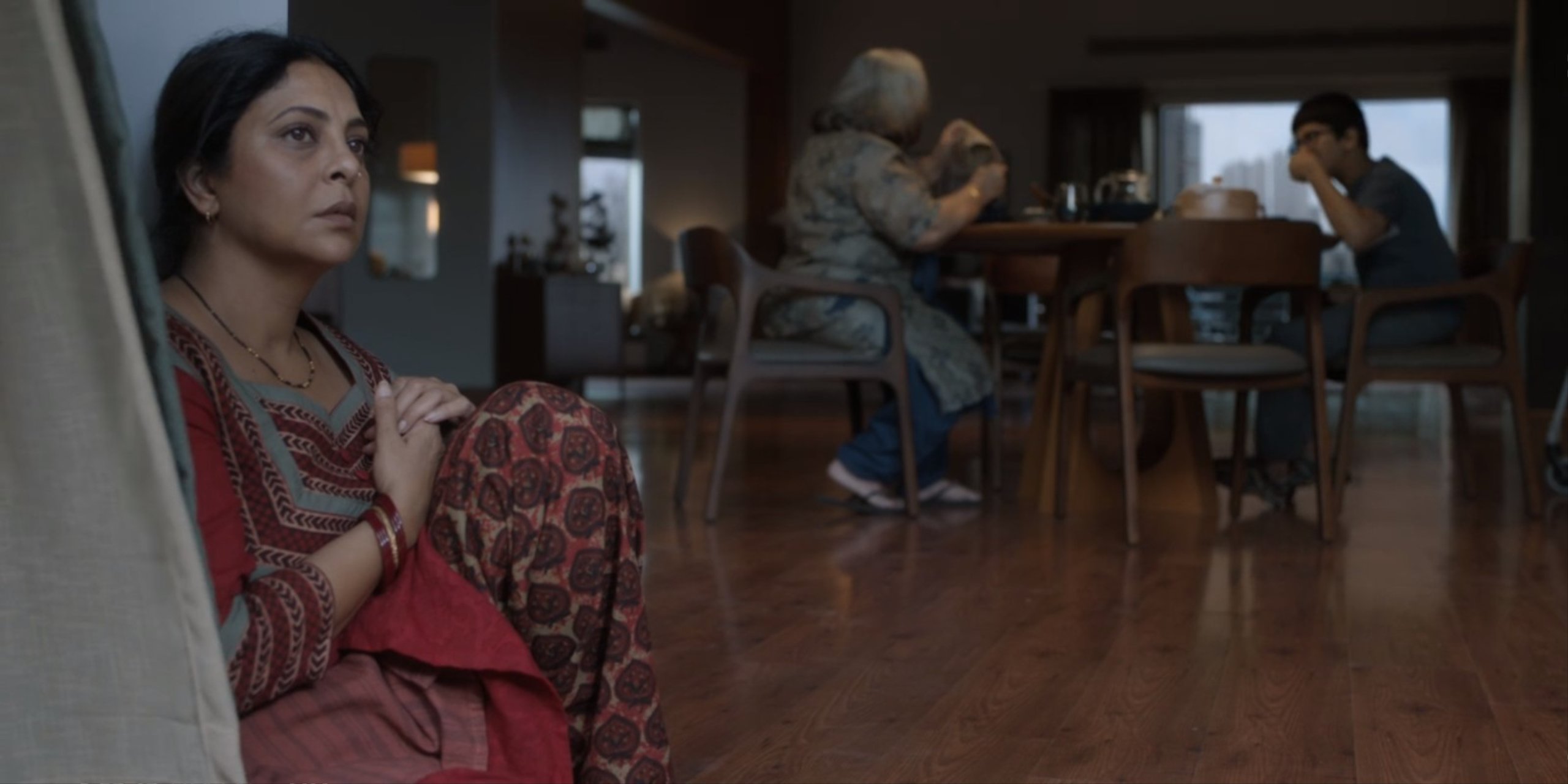
The city’s billboards and viral videos on social media serve as an alibi for Menon’s guts and integrity. We watch her grilling a retired justice with hard-hitting questions and refusing to back down until she gets the truth in one of the opening sequences.
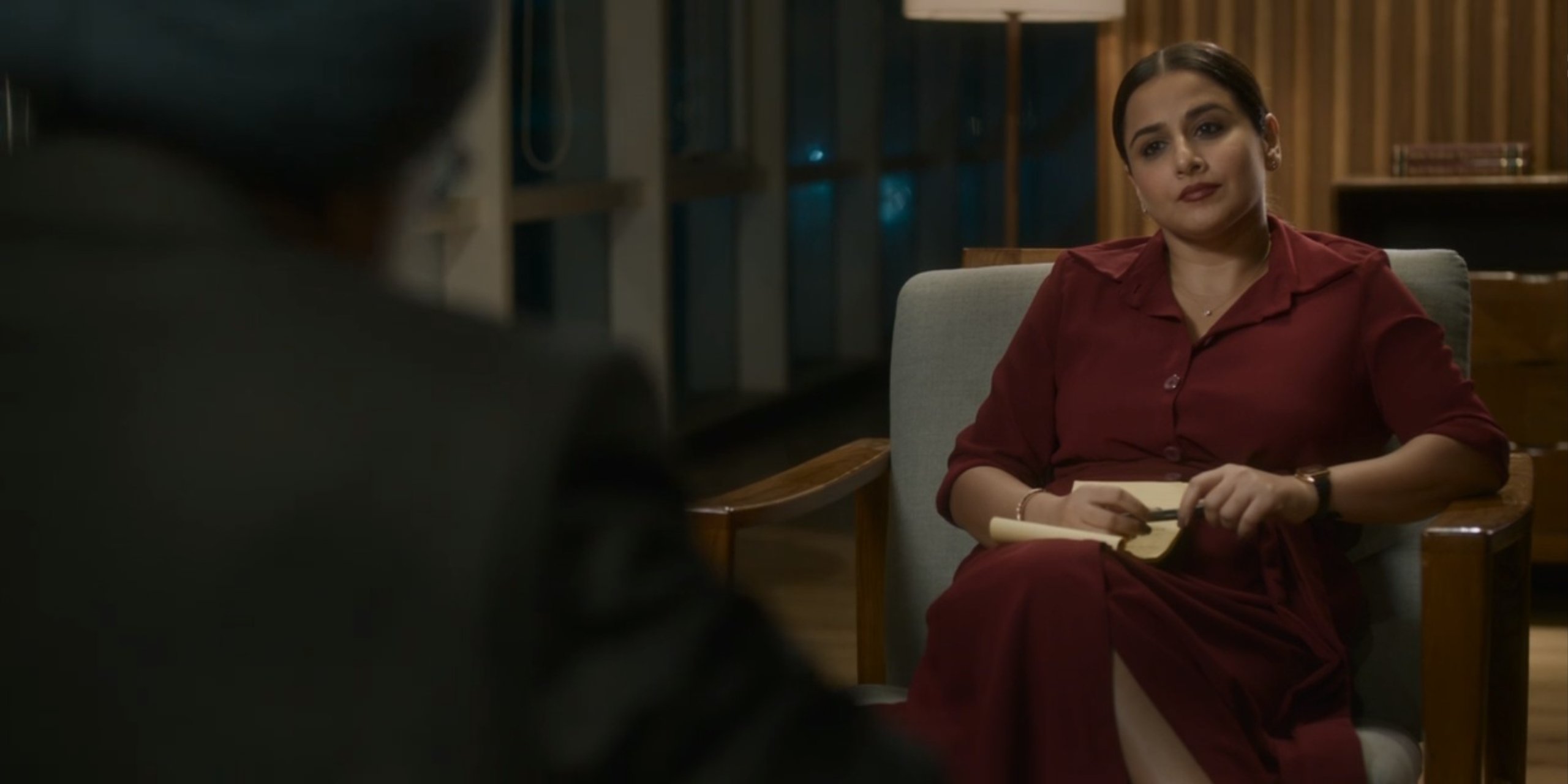
A few minutes later, the audience witnesses a turning point when Maya runs over a girl and leaves her to die on the street, demonstrating that people have a fragile morality. It also sheds light on our endless but vain hunt for the truth.
After the hit-and-run incident, Maya Menon, who stands firm on her even more steely bedrock of honesty, is shaken (quite literally). We see the overwhelming terror and remorse in her eyes as she screams while looking at her blood-smeared windshield, and we wonder what we would do in that circumstance.
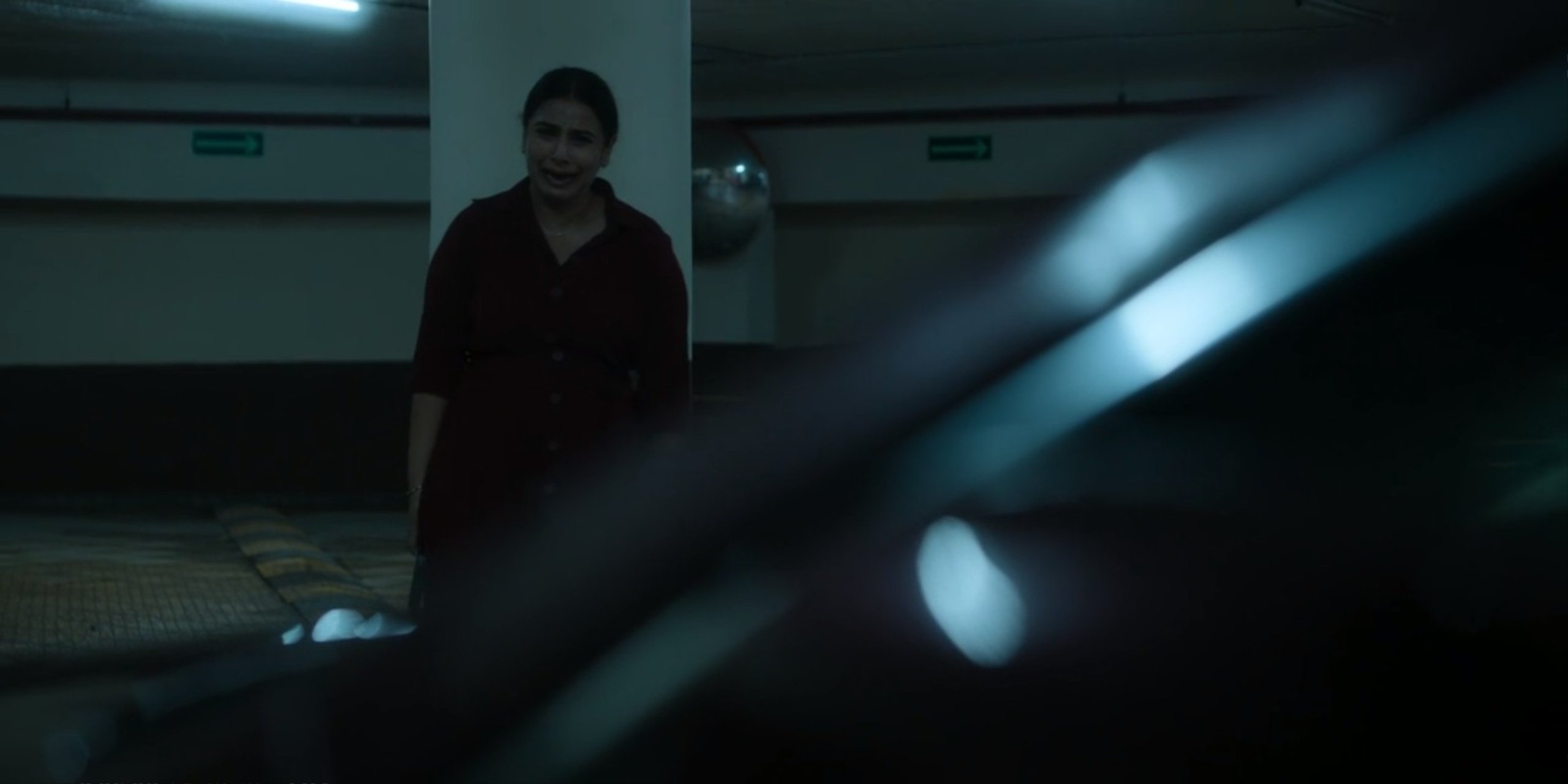
Meanwhile, the audience is aware of the great terror that is approaching Maya, as the girl laying on the pavement with twisted limbs is none other than Rukshana’s daughter, Alia.
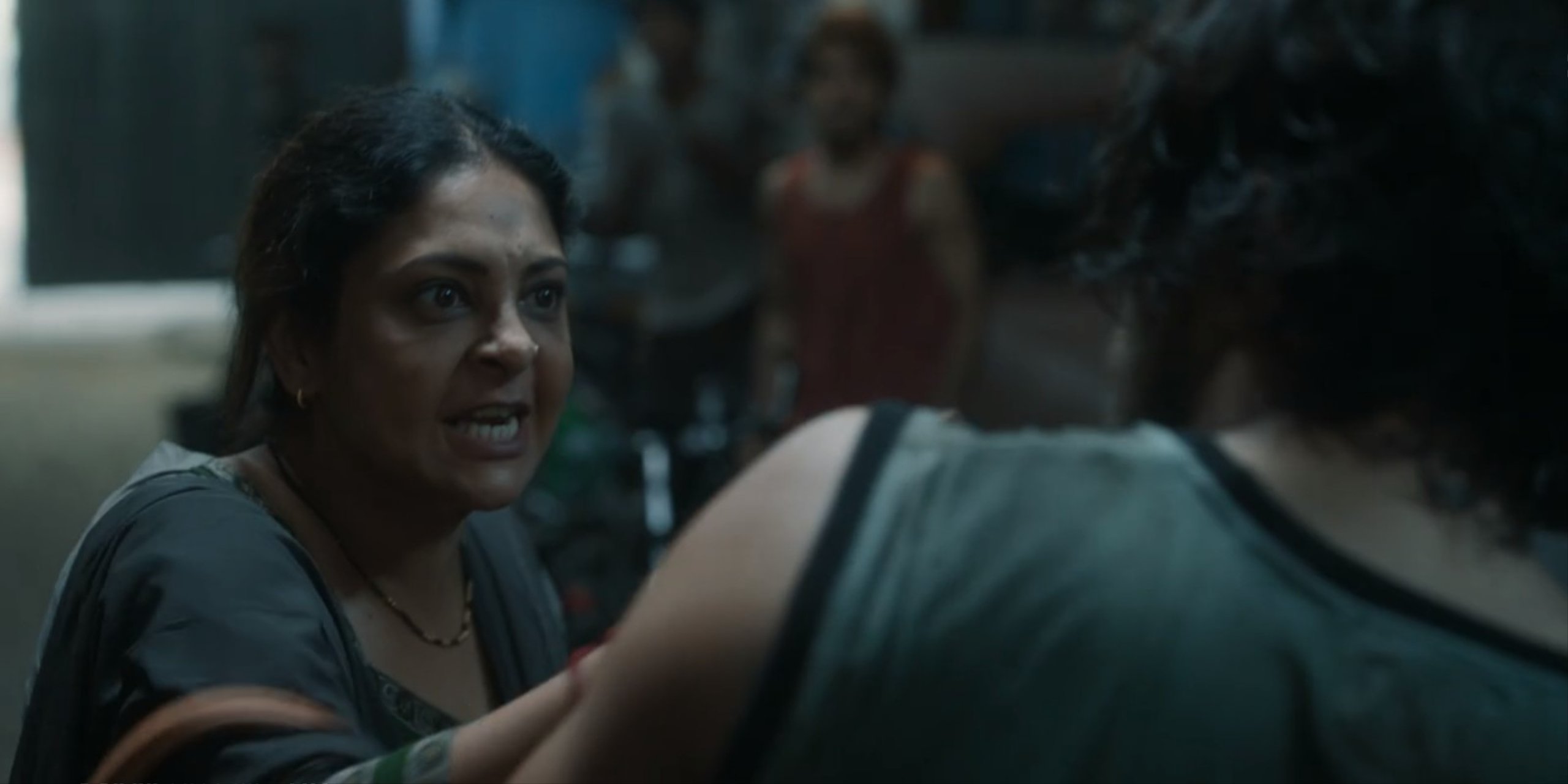
Jalsa on Amazon Prime Video, like other Bollywood thrillers, caves in when it comes to killing off the victim. Ruksana’s family can hold to Alia’s survival as a glimmer of hope now. On the other hand, it serves as a thread to which Maya might clutch to overcome her quashing guilt. The latter, masquerading as a saviour, transfers Alia from a government hospital lacking basic facilities to a private hospital with all the comforts.
With this moment, the director, who has been implying a social inequality since the beginning, solidifies his stance. Upon seeing her state in the hospital, the protagonist, who fled the accident scene leaving an almost-alive girl behind, breaks down.
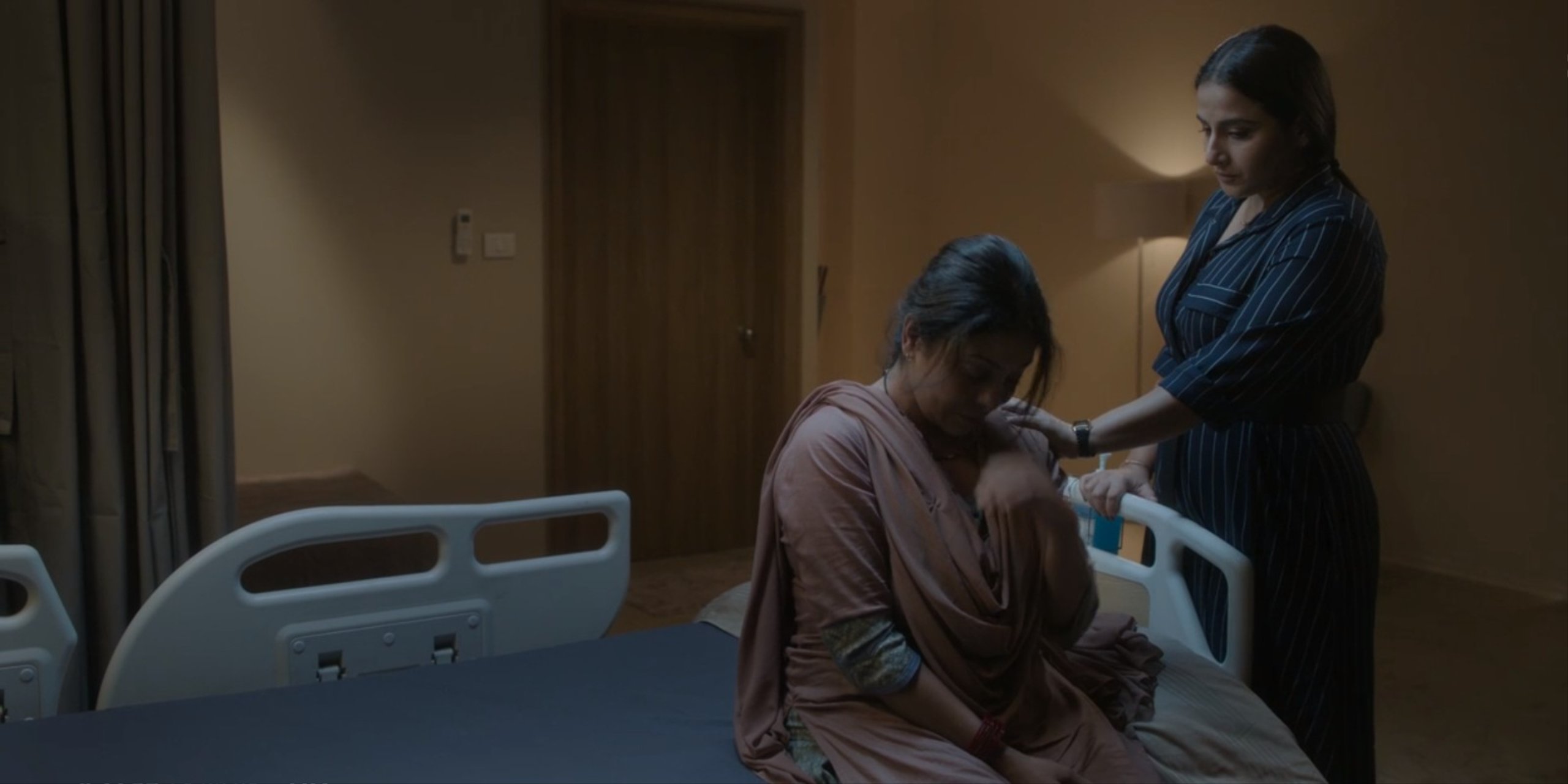
The thriller gradually transforms into a drama with the family’s search for the culprit and Maya’s attempt to, quite literally, clean up the blood trail leading to her.
Vidya Balan and Shefali Shah, who are both working mothers, are showcased as the same yet drastically different. The filmmaker, in a few scenes, establishes both the characters as each other’s mirror images. They are fierce, strong-headed, yet fragile.
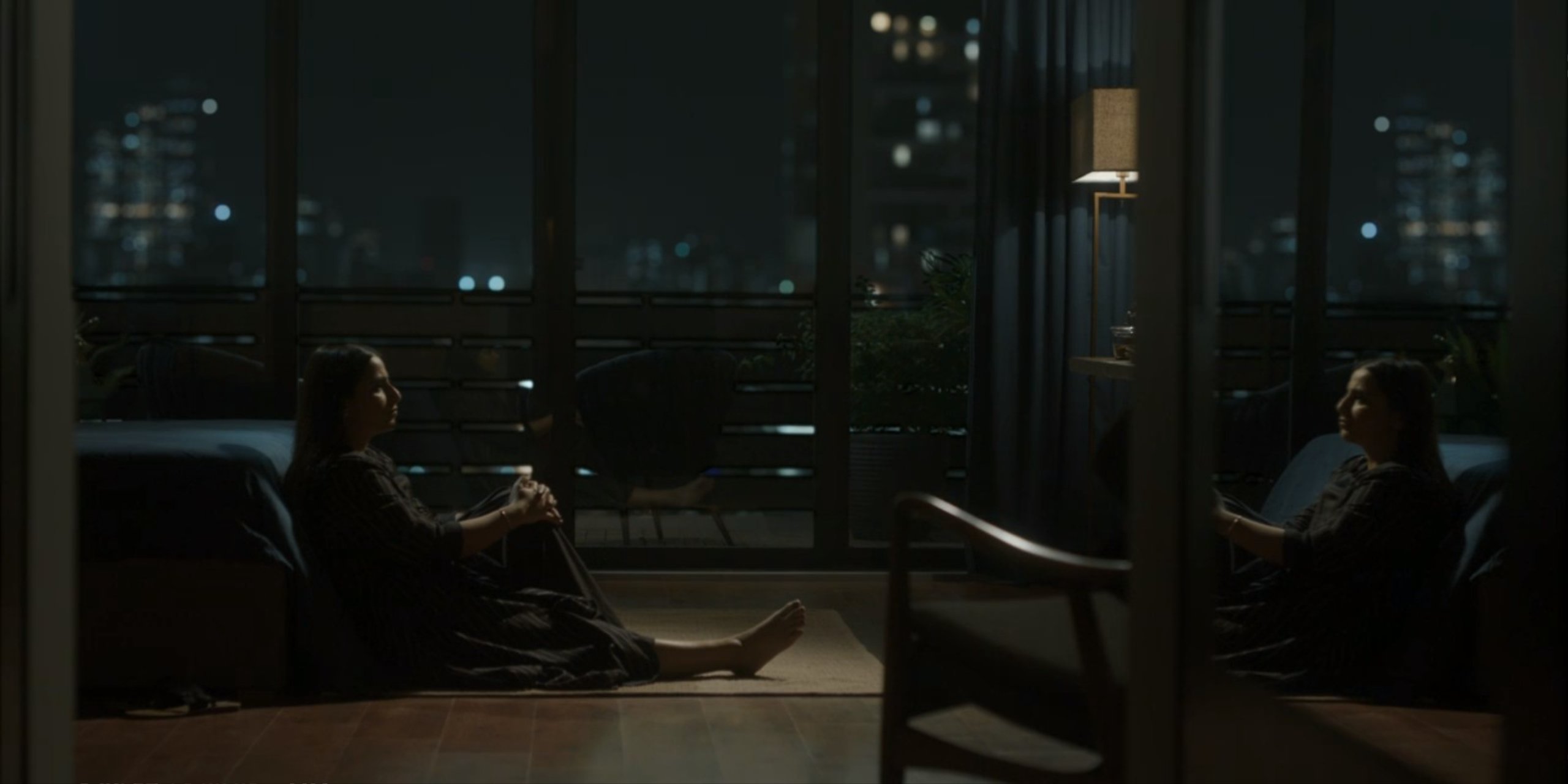
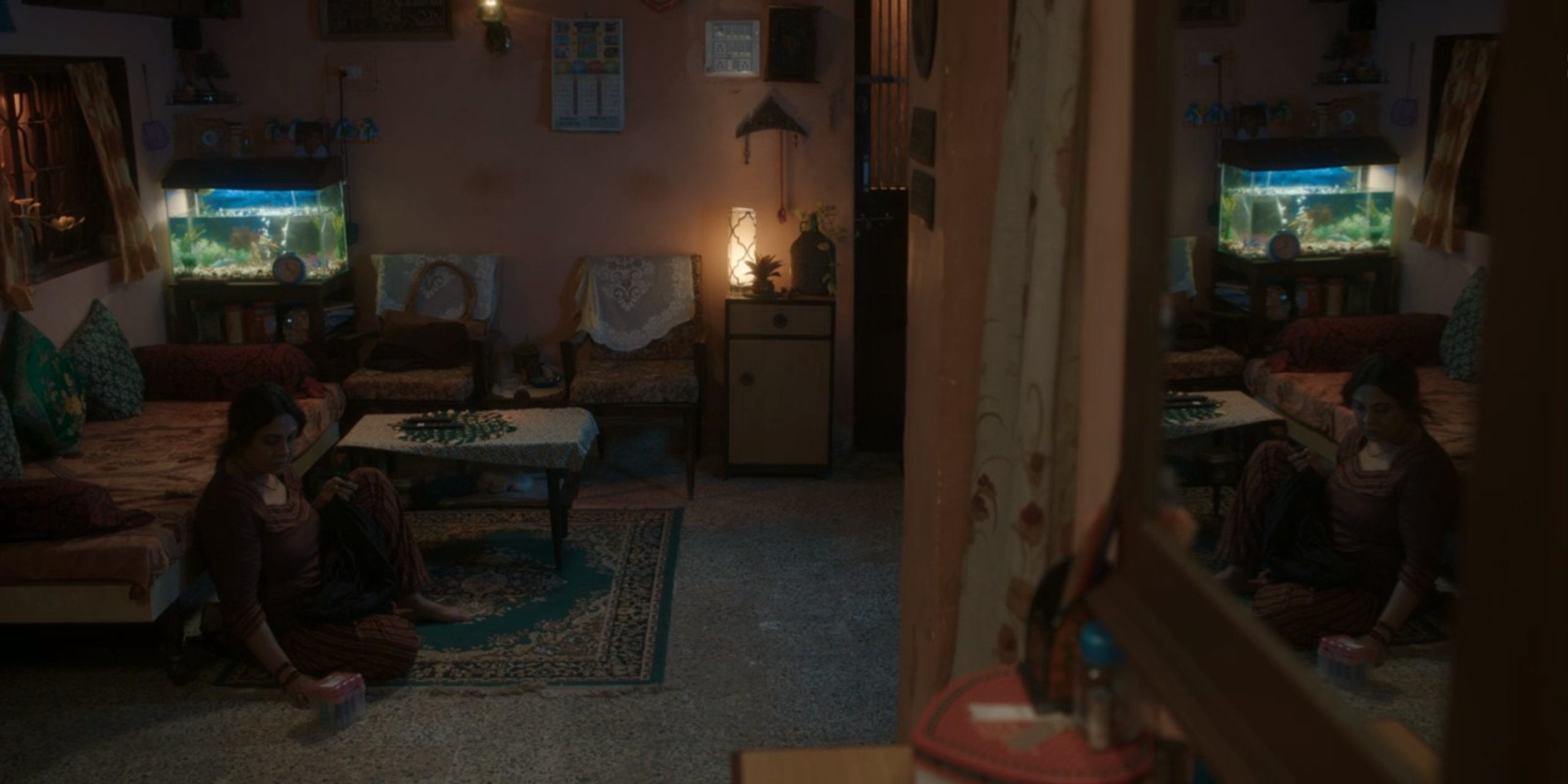
When Ruksana finds out that Maya was on the wheel of the car that hit her daughter, she, too, screams as Maya did at the beginning of the film. Standing in front of a picture of the latter with her family, she looks at it with disbelief in her eyes.
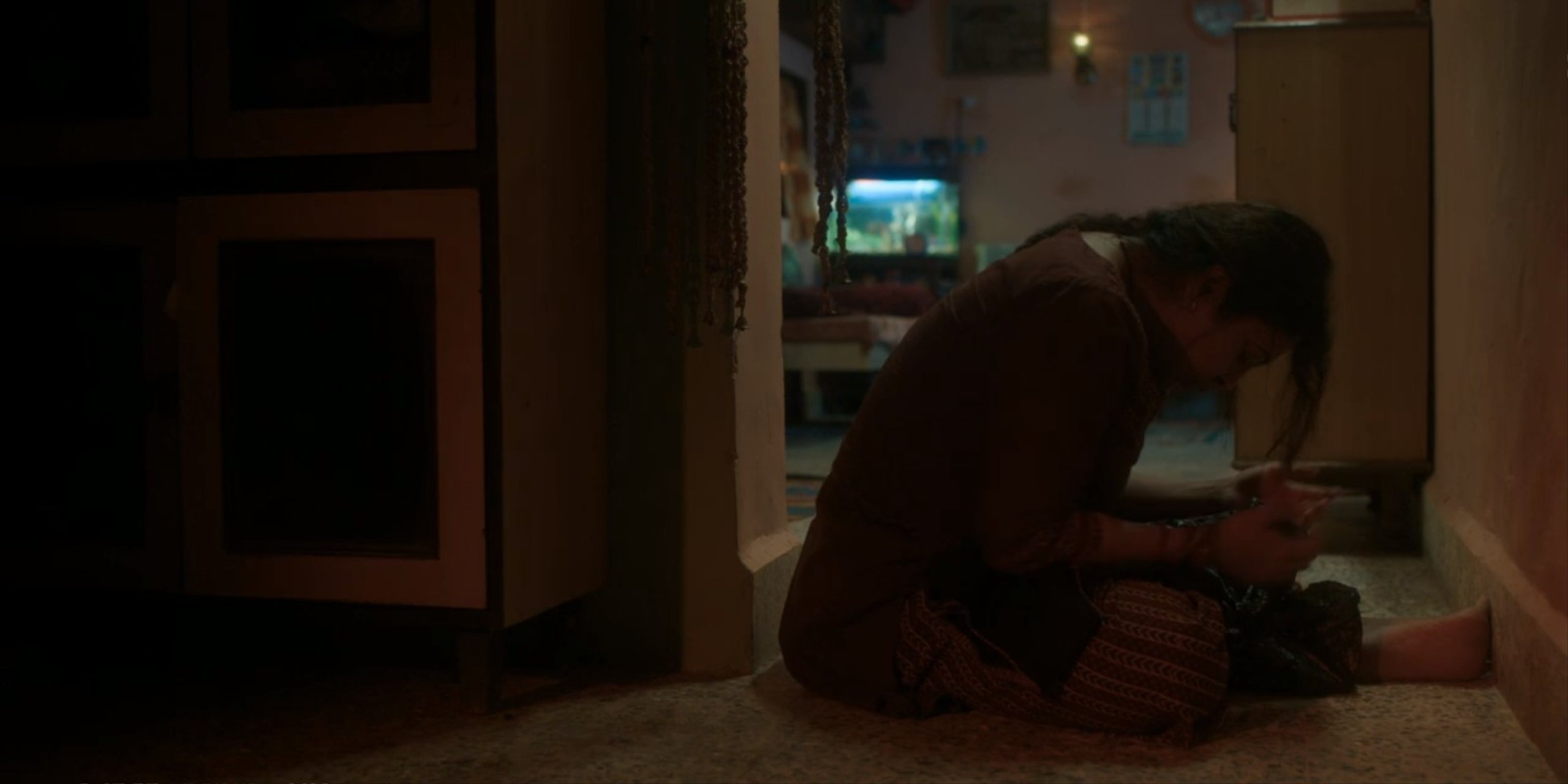
Maya constantly watches over her differently-abled son, Ayush ( Surya Kasibhatla) through a camera while juggling a demanding career as a journalist. Ruksana, on the other hand, who is one of Ayush’s caregivers, also has two children to feed but sans the privileges to keep a check on them.
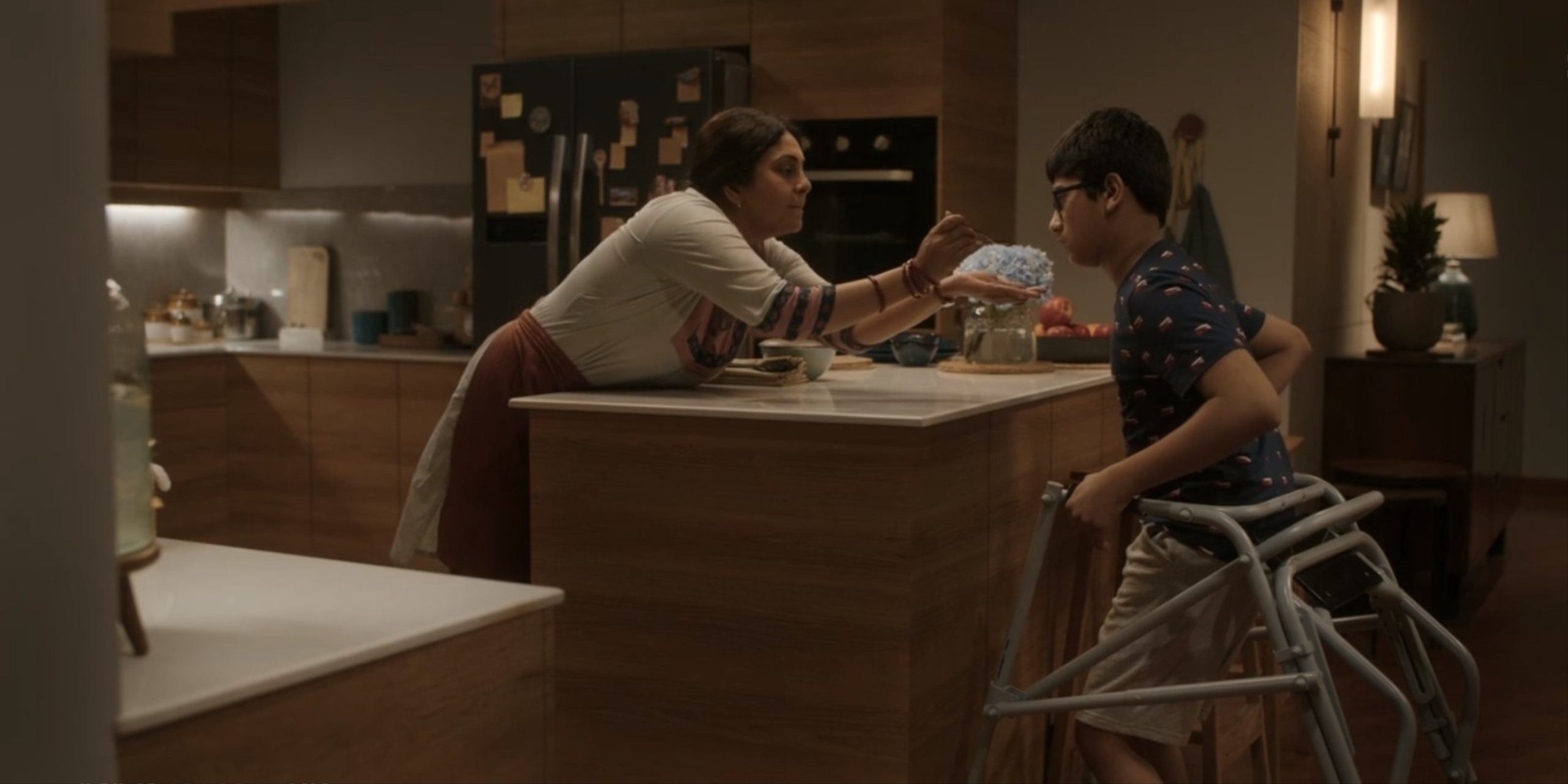
In fact, in one of the most poignant moments, when a hospital visitor seemed more interested in the reason why Alia was out on the streets at 3 a.m., Rukshana glares at her with fury. Even when her husband appears to be persuaded to doubt his daughter’s decision to leave after midnight, she responds that it neither justifies her current situation nor weakens her claim for justice.
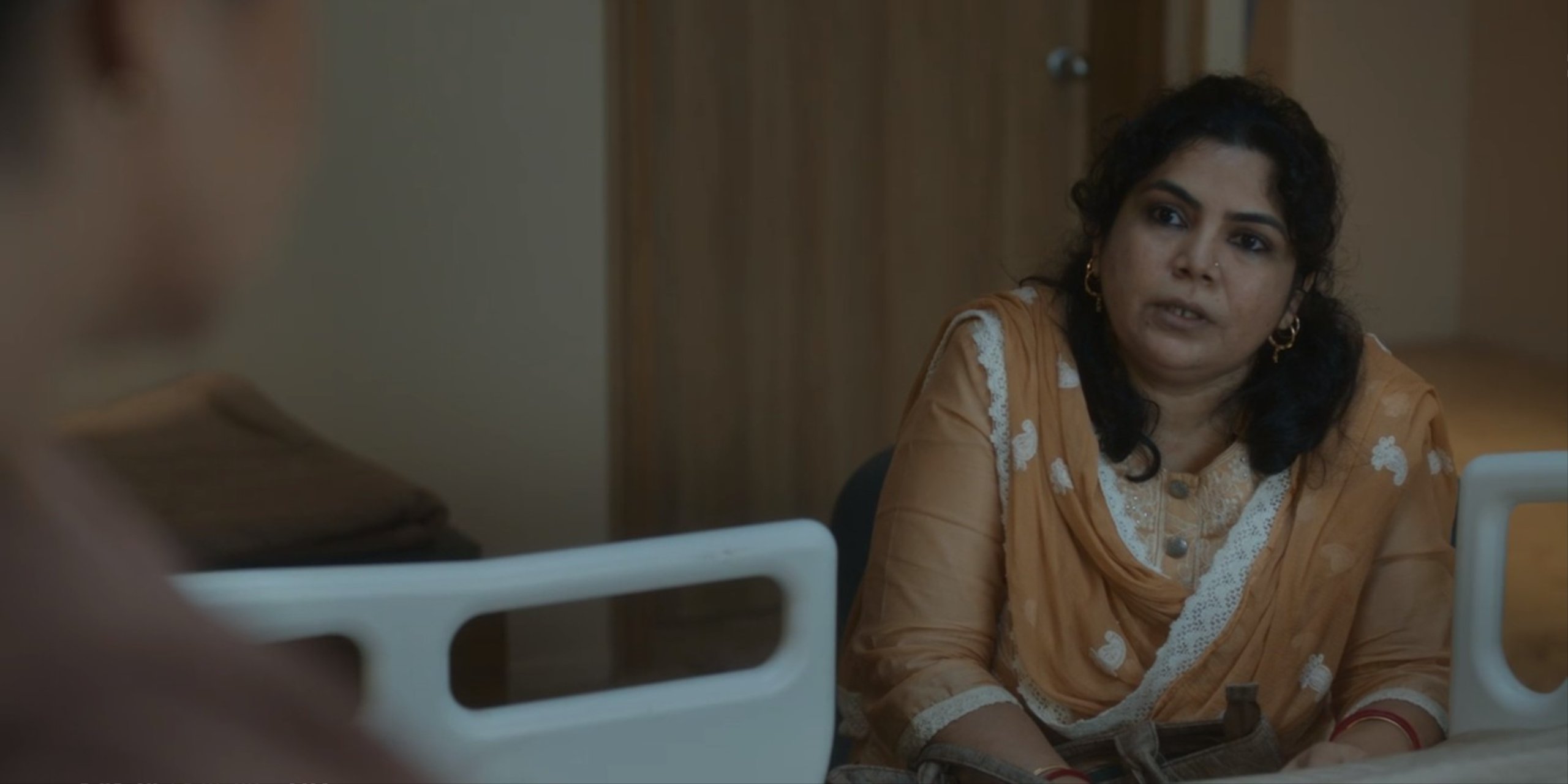
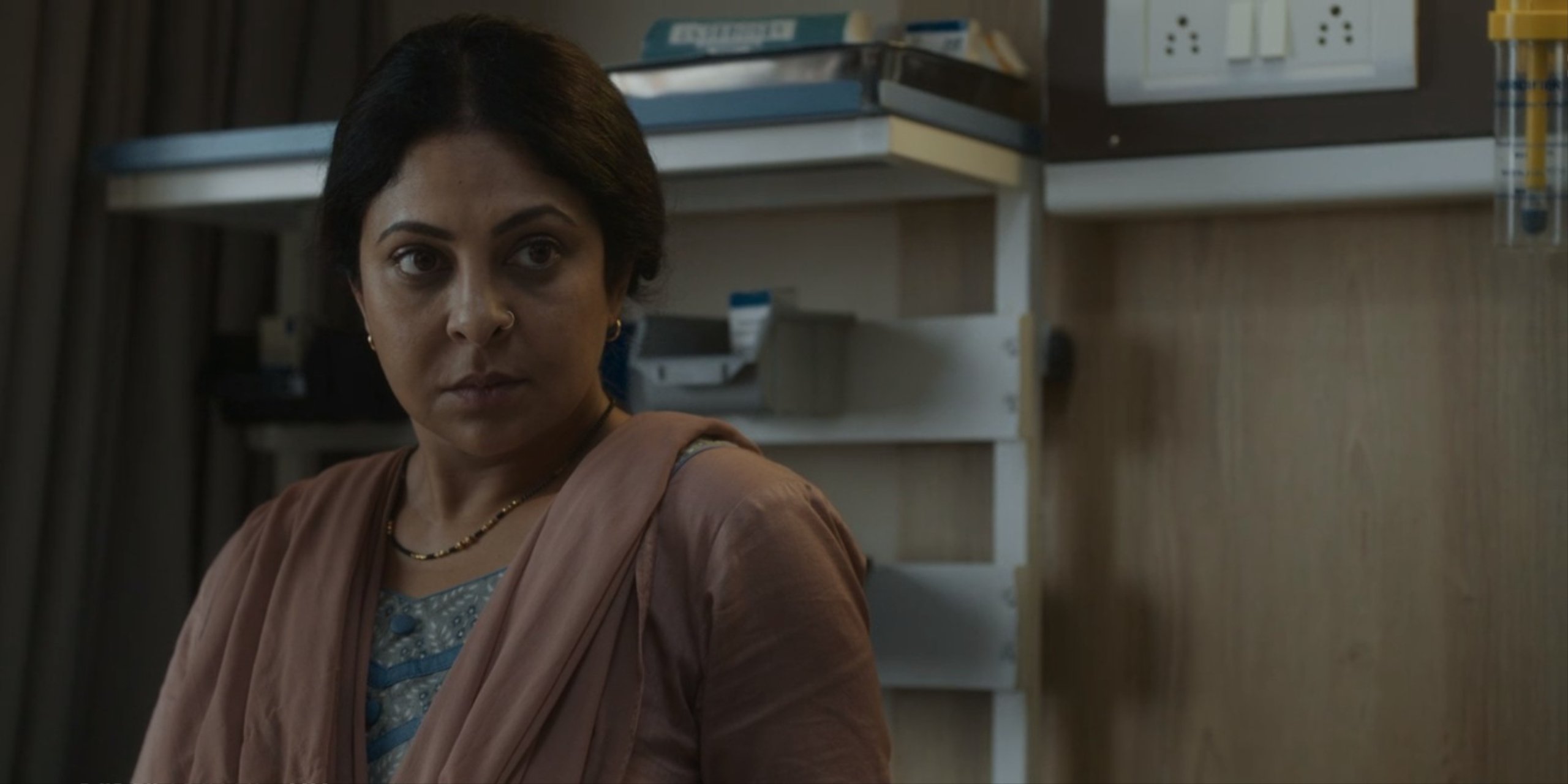
The plot of Jalsa, which is almost flawless, loses its grasp on the narrative when additional characters with little to contribute are introduced. Perhaps if it had been a series, the characters would have had a greater purpose to fulfil.

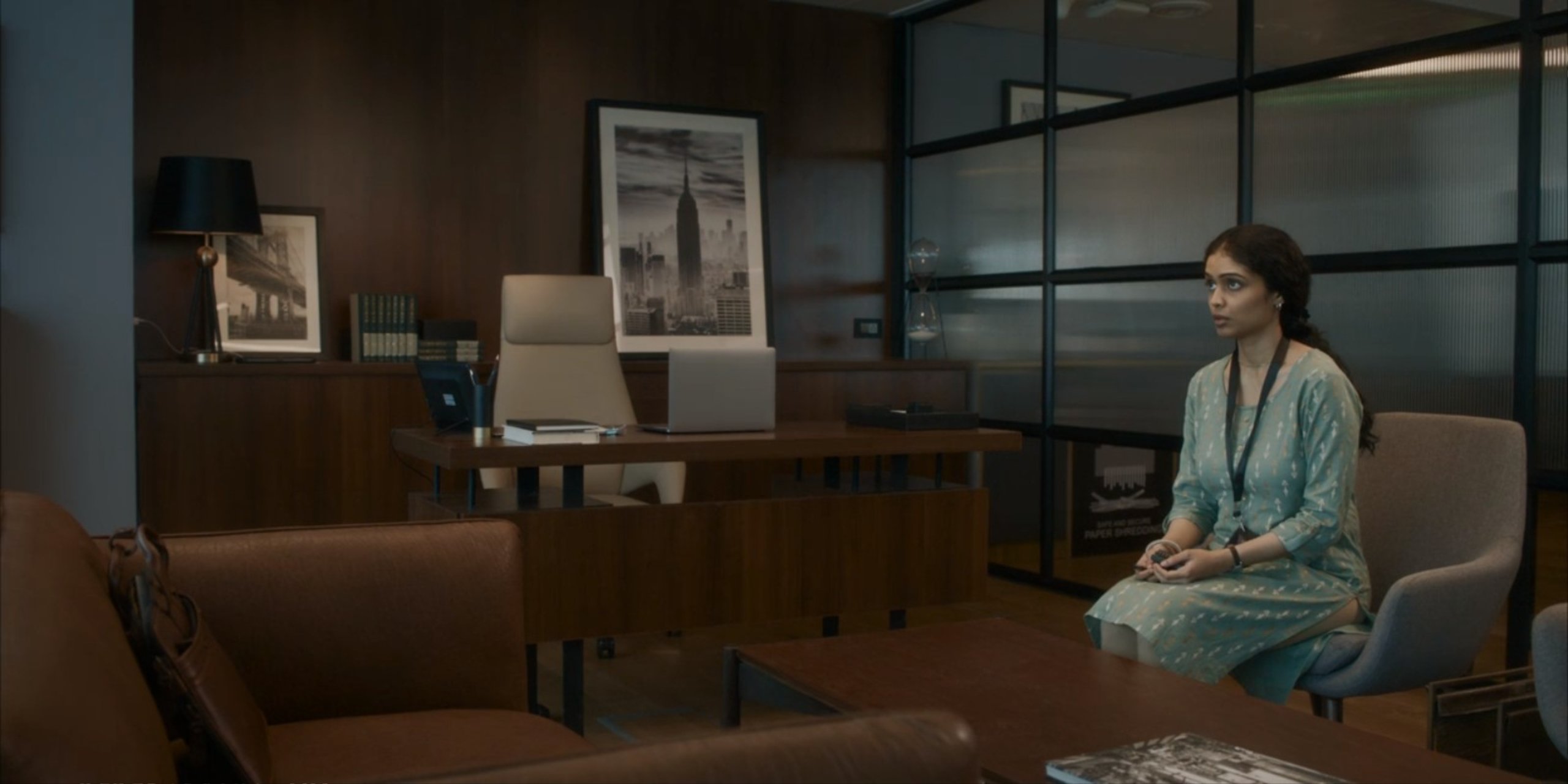
Balan and Shah, who share the load of the riveting thriller throughout, deliver a performance that is a cut above the rest.
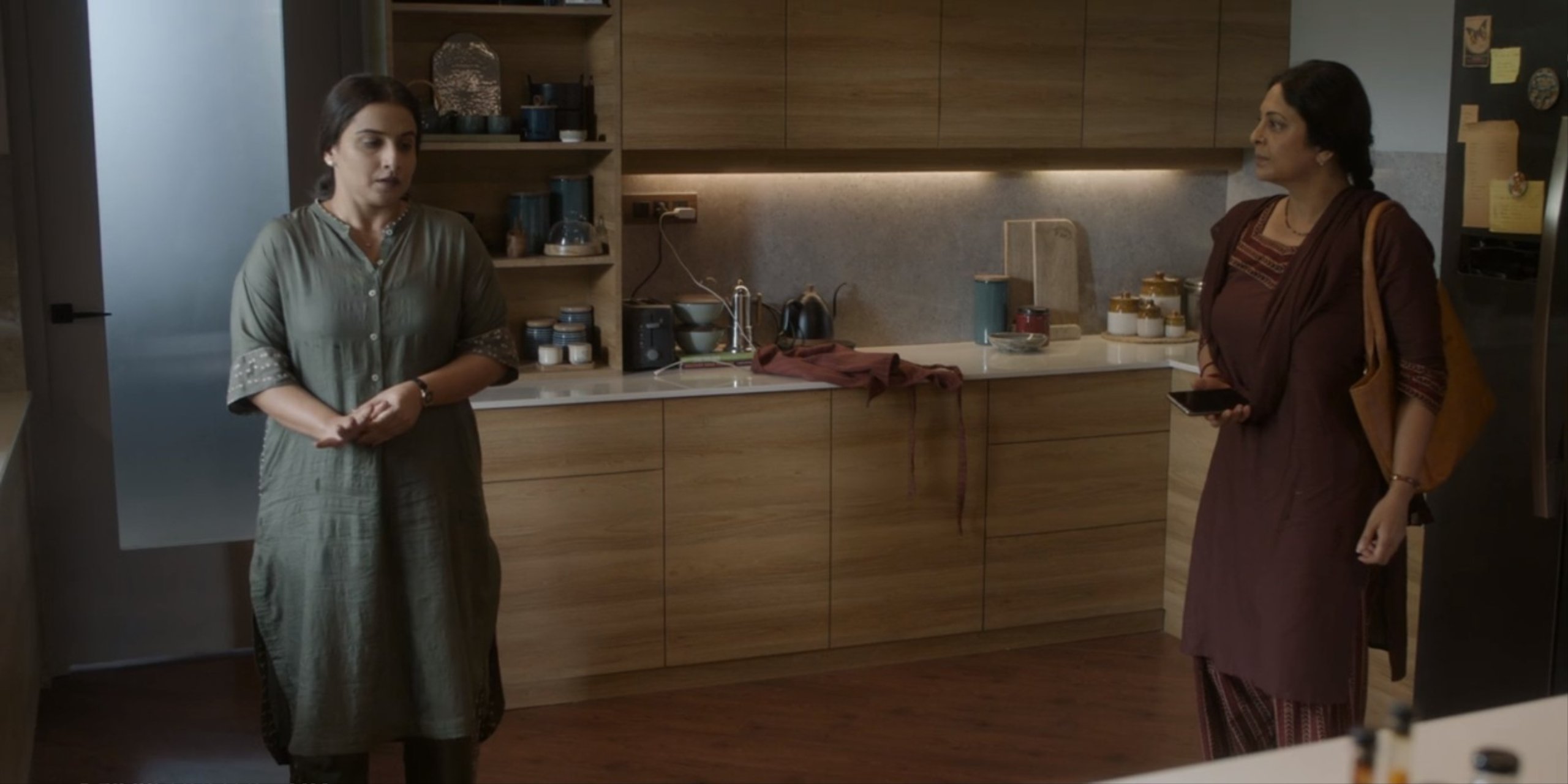
Despite the fact that the actors rarely disappoint, this film was essentially a two-woman show, through and through. However, the supporting cast of Rohini Hattangadi, Manav Kaul, and Surya Kasibhatla, who appear to have been hand-picked for their roles, ably supports the protagonists.
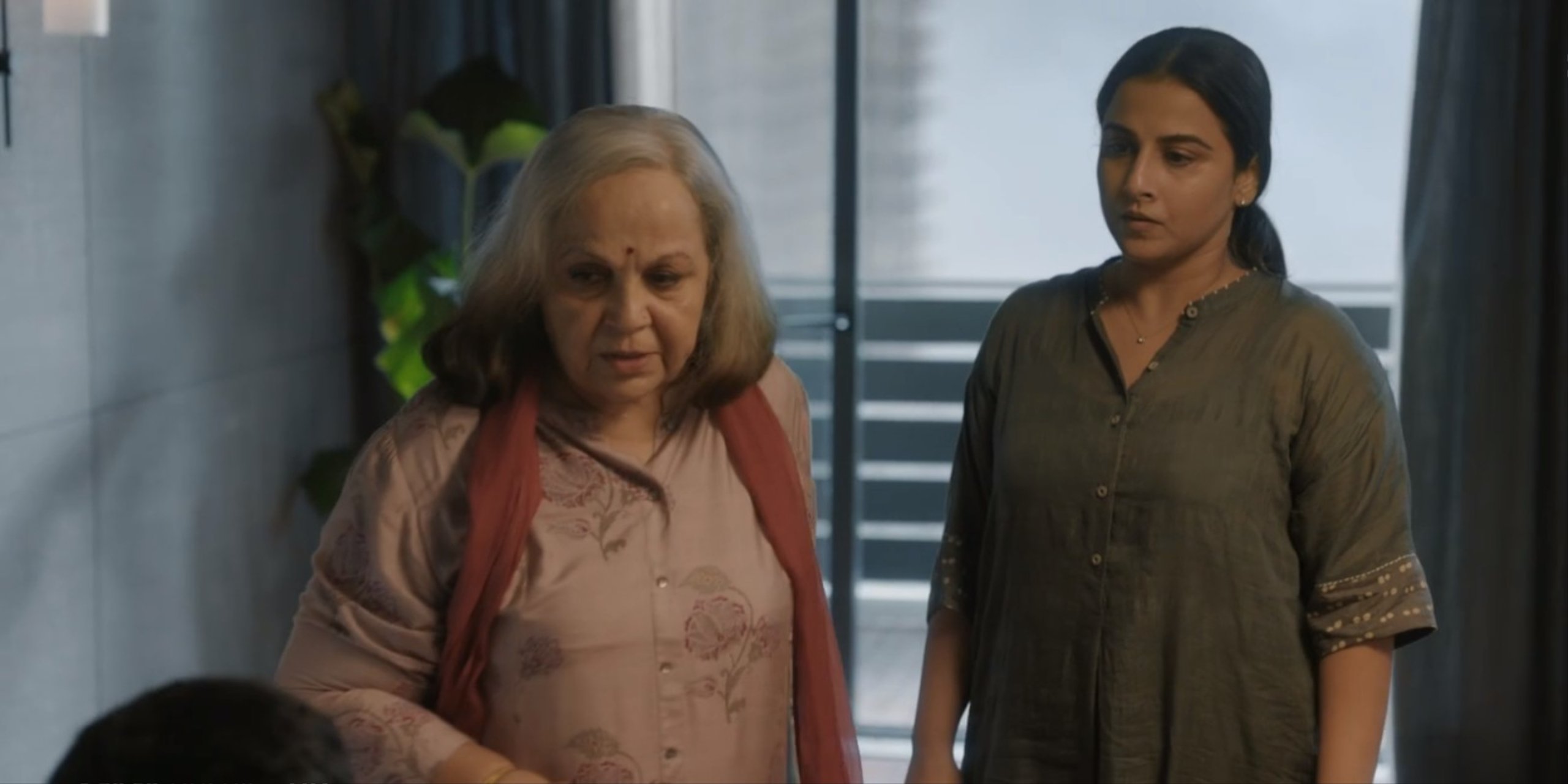

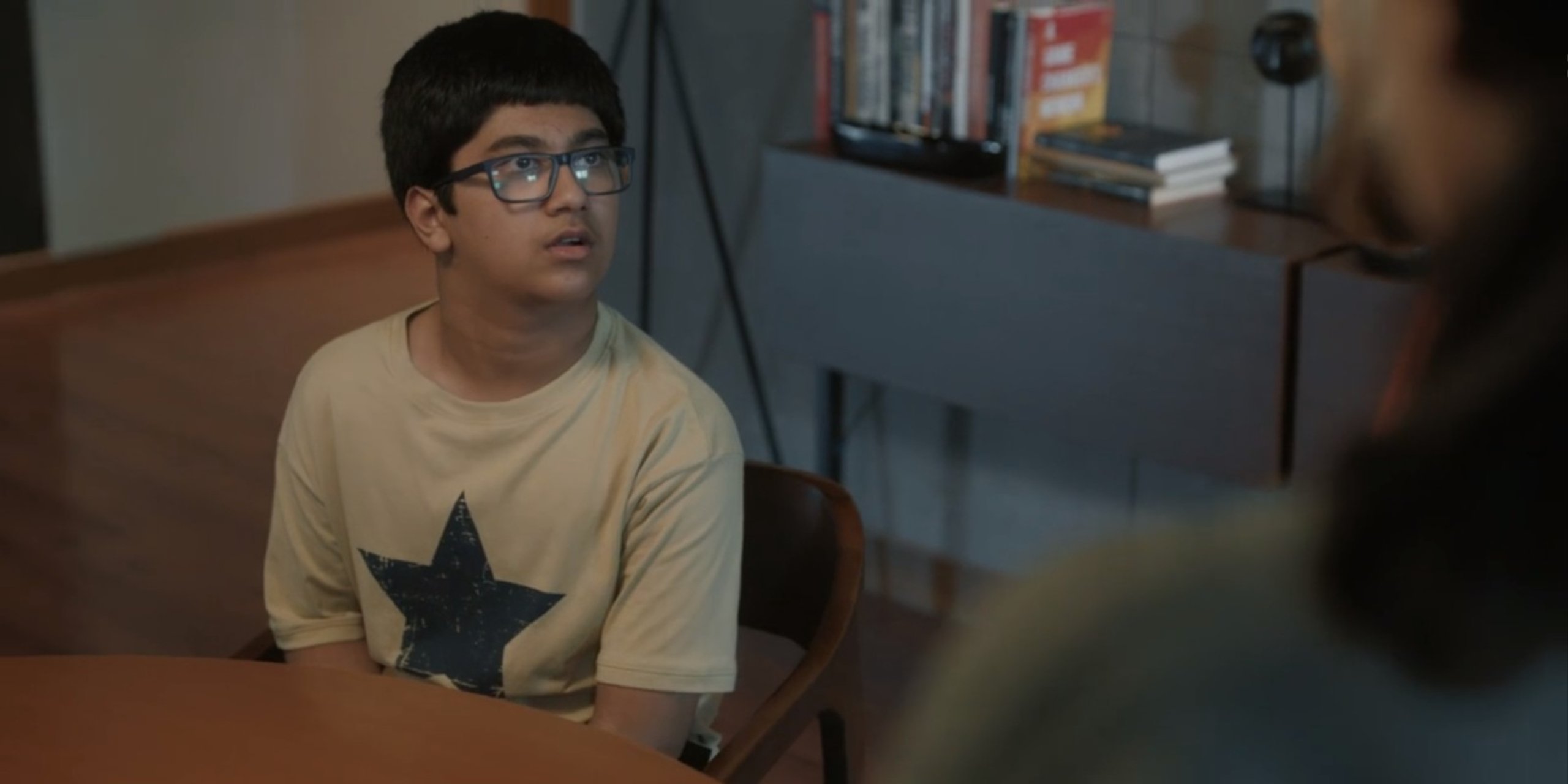
Meanwhile, rather than hiding the identity of the perpetrator, as most thrillers do, this film makes you wait until the end to discover the perspective behind the title. Jalsa serves as both an aid and a stumbling block for Maya Menon, which is a fascinating juxtaposition.
Robert Frost’s poem The Road Not Taken describes two roads that diverge into the woods and a person standing at a crossroads contemplating which one to go. The poet writes, “Then chose the other, just as fair, and perhaps having the better claim.”
In a way, even Triveni’s characters, when confronted with a fork in the road, choose the path that appears to be simpler to go on. That makes Jalsa all about the road of revenge not taken.




